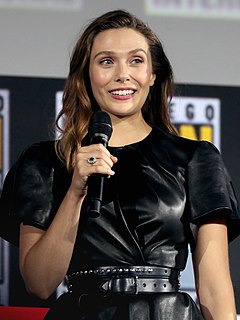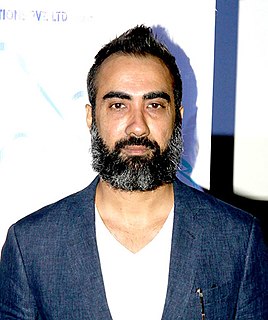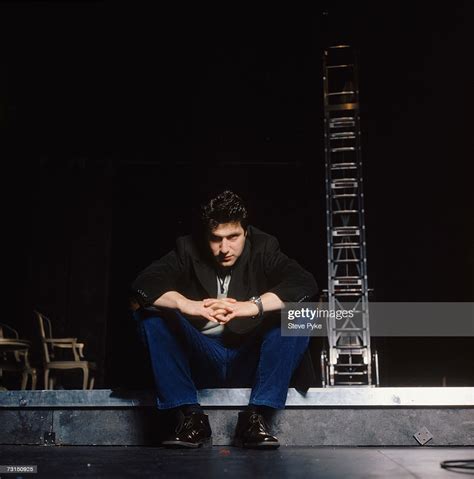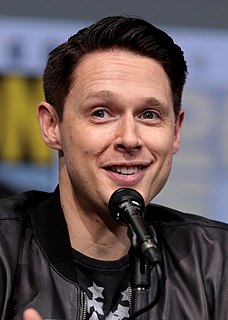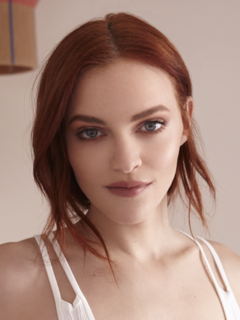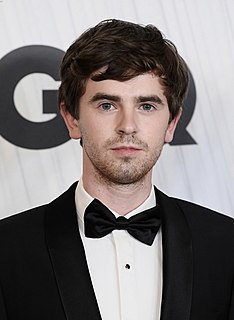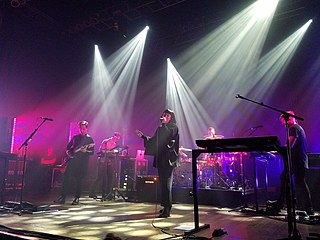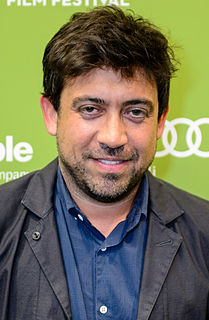A Quote by Elizabeth Olsen
My brother knows more about film sets than I do, because he works at New York Film Academy.
Related Quotes
I hope it's always going to be a mix between theatre, film and radio. I've been very lucky living in London that you can do all that - in New York and L.A., there's more of a structure for film in L.A. and theatre in New York. In London, our industry is smaller, but it produces brilliant work all in one place.
Film is more than the twentieth-century art. It's another part of the twentieth-century mind. It's the world seen from inside. We've come to a certain point in the history of film. If a thing can be filmed, the film is implied in the thing itself. This is where we are. The twentieth century is on film. You have to ask yourself if there's anything about us more important than the fact that we're constantly on film, constantly watching ourselves.
In an old model, the way a film would imprint itself on the public's consciousness is to get a theatrical run. But now there are more documentaries and more films in general being released than ever before. There are weeks when the New York Times is reviewing 15 films, so it's harder to leave an impression on the public. A lot of these films are seeing their financial future on digital platforms. Because viewers aren't hearing as much about films in theatrical release, I think the festival circuit is going to have increasing importance for the life of a film.
There's a teacher at the Renzo Gracie Academy in New York named John Danaher. He's leading this whole group of fighters named the Danaher Death Squad, and they're revolutionizing how that world works. I actually went and signed up for classes mostly because, man, if there's innovation like that happening in New York, I want to be around it.
Our film [Hide and seek ]was created as part of the Asian American Film Lab's 11th 72 Hour Film Shootout filmmaking competition, where filmmaking teams have just 72 hours to conceive, write, shoot, edit and submit a film based on a common theme. The winners were announced during the 38th Asian American International Film Festival in New York last July. The theme for 2015 was 'Two Faces' and was part of a larger more general theme of 'Beauty'.
Your first film is always your best film, in a way. There's something about your first film that you never ever get back to, but you should always try. It's that slight sense of not knowing what you're doing, because the technical skills you learn - especially if you have a film that works, that has some kind of success - are beguiling. The temptation is to use them again, and they're not necessarily good storytelling techniques.
